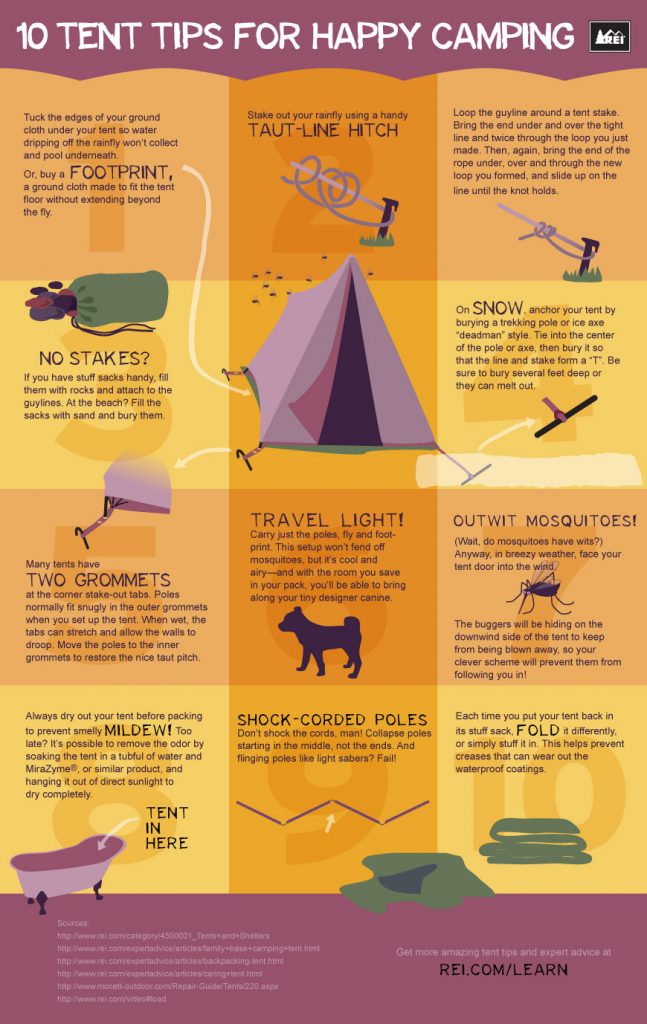From looming mountains to tranquil forests, the outdoors has an intoxicating attraction. Immersing oneself in nature advertises psychological well-being, increases cognitive growth, and improves physical fitness.
Are campgrounds a good investment?
Should I get a canvas tent?
Exploring the open airs can be a daring experience that pushes limits. However, it is essential to remain mindful of one's surroundings and respect the environment.
Journaling in the Wild
In the wild, youngsters are all-natural travelers. They make use of every one of their senses to observe the world around them, touch what they can reach, and scent and taste when they're allowed to. They run and leap and climb up, and find out as they go.
As they explore the hills and valleys of Plumas County's Upper Feather River Landmark, youngsters in our Outside Core program bring a straightforward but transformative device: their nature journal. Each page becomes a home window into their weekly adventures.
Numerous OE programs motivate or require pupils to write in journals as a way of handling experience and creating deeper understandings (Bennion & Olsen, 2002; Gregg, 2009). Journaling is a crucial discovering method for several reasons. It fosters self-awareness, boosts confidence in technical outside abilities, and promotes the advancement of connections with the outdoors.
Foraging
The process of gathering wild edibles is a fantastic method to get in touch with nature and add even more variety to camp meals. This ability is crucial in a survival situation, as it can assist you minimize grocery bills and accumulate your food bank.
Foragers must always know the location they are harvesting in and any kind of foraging guidelines that might exist. They must also leave a few of the plants for wildlife, as they often depend upon wild edibles for survival.
The good news is, there are several easily identifiable wild foods that can be found in all areas of the United States. Whittaker's food selection consists of seasonal, foraged developments like conifer gnocchi, which murmurs of eucalyptus and citrus, and nettle risotto that sings with an environment-friendly vegetal hit.
Blog writing
In a time of heightened anxiety levels because of political agitation, financial instability and environmental concerns, outdoor exploration can help individuals really feel calmer and based. As a result, the summer solstice supplies an optimal time to hike and explore new trails with buddies or family members to make memories that will last a lifetime.
Social movements like Unlikely Hikers, Afro Outdoors, Latino Outdoors, Body Inclusive Hikers, Melanin Base Camp and impairment advocates are working to dismantle luxurious tents the stereotype that just a specific type of individual takes pleasure in outdoor leisure and supporter for ease of access and addition in public lands. Without equitable accessibility, people are much less most likely to be influenced to spend time outdoors, which can adversely affect health and wellness. Accessibility to public lands includes accessibility to public transportation, sufficient funding for devices and training, culturally appropriate signs, education and learning, understanding of wild safety and security and advocacy for incorporation and diversity.
Cooperation
One of the worst trends in modern wild conservation is partnerships that include federal government companies and large, allegedly "conservation" teams. The collaboration vibrant legitimizes the sight that mechanized off-road leisure (including mtb, dirt bicycle riders and all-terrain vehicles, snowmobiles and logging) is an acceptable use of roadless public lands. This strategy treats wildlands as little more than a pie for self-centered user teams and overlooks the inherent value of wildlife habitat in these premium quality, low-elevation areas. Therefore, these collaboratives often cause watered down Wilderness proposals. This was the case with the Gallatin Forest Collaboration, or GFP.
Mentorship
Spending time into emerging young preservation leaders enables us to find solidarity and options, bridge the generational gap, and create an intergenerational community committed to considerate stewardship of the land. We make every effort to grow a deep and considerate partnership between people and nature through multi-generational interaction, education and learning, and co-creation.
The workshop consists of immersive experience in core routines such as wild animals tracking, bird language, survival abilities, herbal & medicinal plants, and awareness video games. This training is open to parents, youngsters, grandparents, caregivers, teachers, permaculturists and other ecological instructors and naturalists.
Returning pupil advisors provide existing Blue Ridge pupils healthy student-mentor connections and motivation, while additionally modeling constant initiative and adaptive emotional guideline. We call this Coyote Mentoring. This is a recurring method to developing healthy nature connected communities.
Can you sleep in a tent when it's raining?
